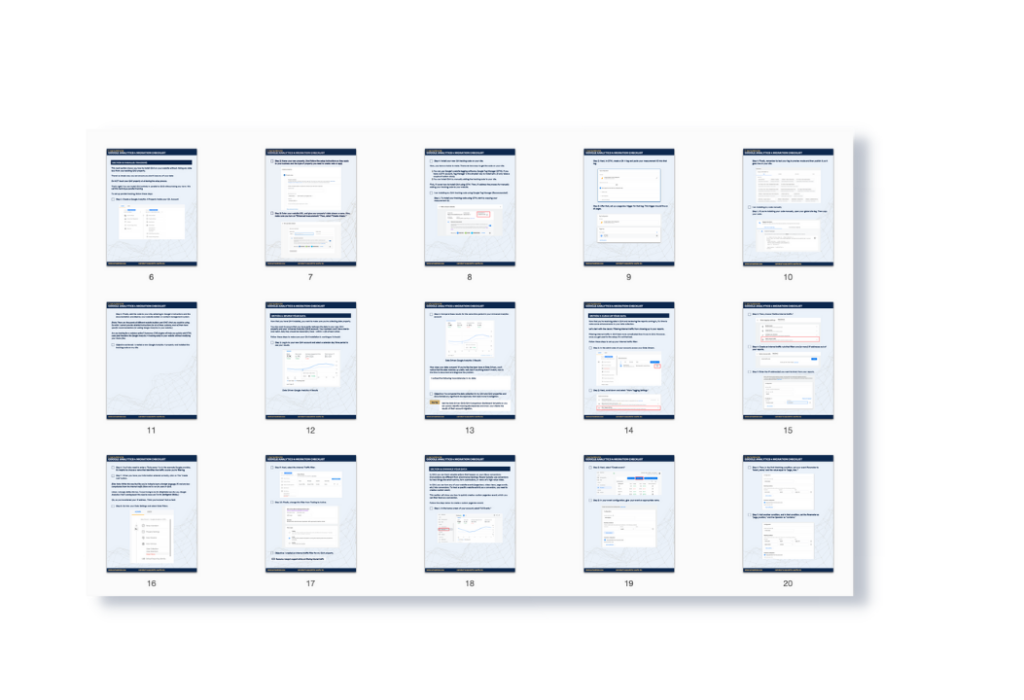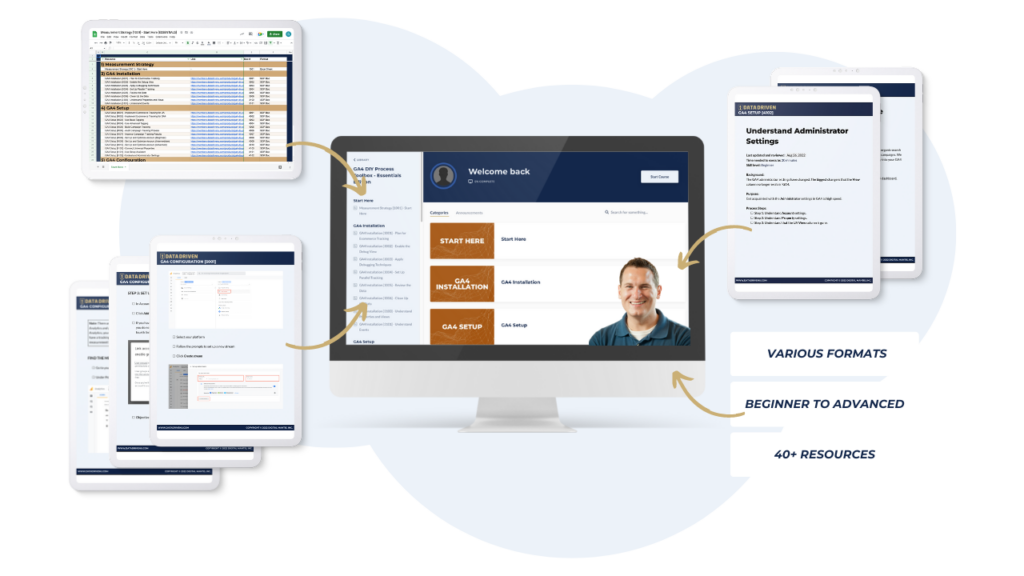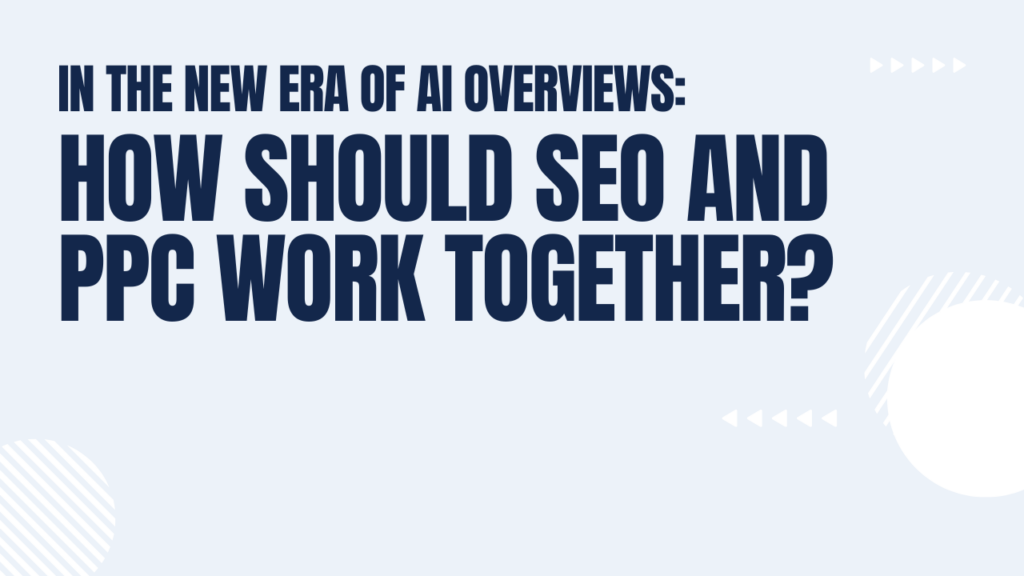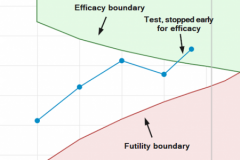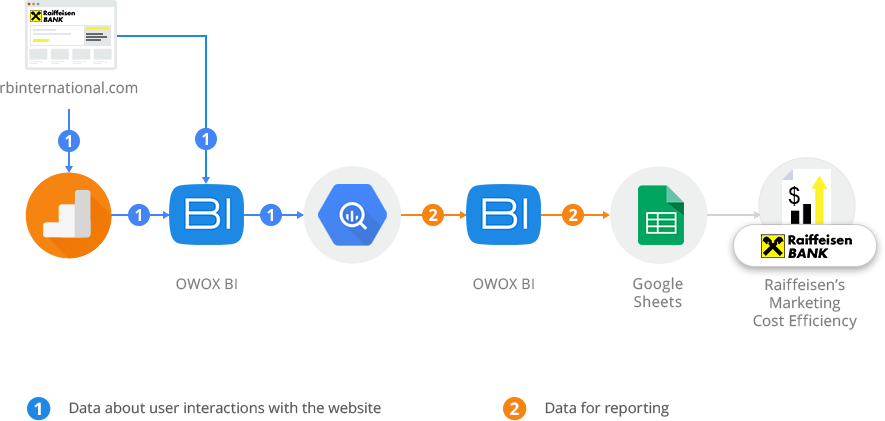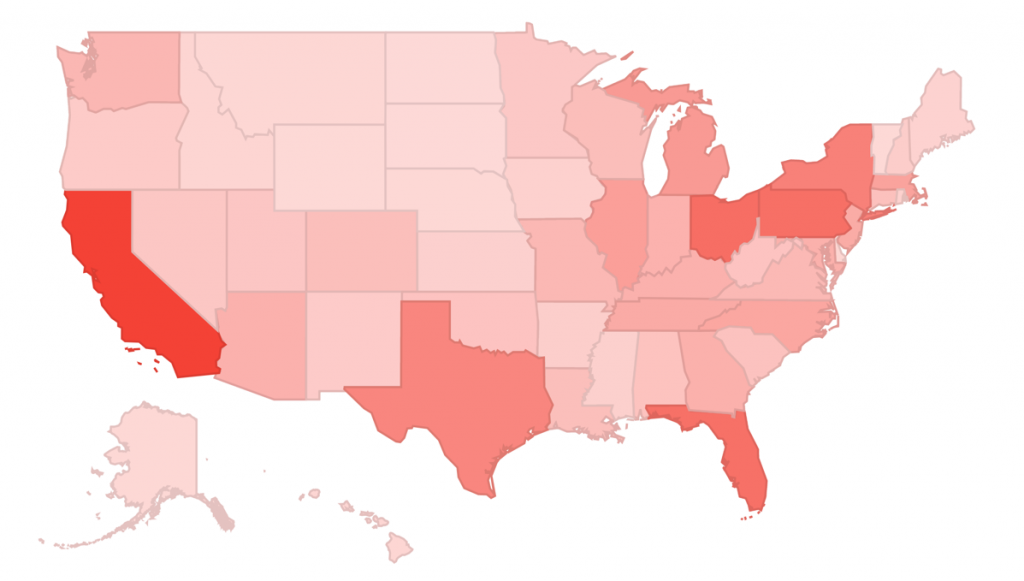In the war for, and on, consumer attention, we’re all getting pounded with both cruise missiles and carpet bombs.
I regularly receive coupons and ads for cat food and baby furniture. Seeing as I’m not a father, nor do I own a cat, I call this a miss. I bought cat food once over a year ago while looking after a friend’s feline, and I have no recollection of searching the web for Jolly-Jumpers. However a single visit to a website spurs a whack of display ads to coerce me back. Despite being a male who doesn’t own a car or jewelry, I’m consistently hit with ads for women’s magazines, radio stations and pawn shops. These high frequency interruptions are a nuisance, confusing and irrelevant.
It’s no wonder many of us live in a bunker made from TiVo concrete. Some of us are using adblock because the banner blindness isn’t enough anymore. It’s an unrelenting war amongst marketers to gain a piece of your attention. So, is the solution to invest in more powerful, better targeted, bunker-busters? Why must the consumer suffer?
Indeed, we can build bunker-busters. We have the technology. The cost of both collecting and storing information has come down over the past few years. An entire generation of companies grew up around the idea of scraping huge volumes of data and then using them to target clusters of consumers.
This trend has intersected with the rise of a generation of developer-statisticians-entrepreneurs called data scientists. They turn data into products, such as recommender systems. Chances are good that you’ve already experienced this technology.
If you use Netflix, LinkedIn or Amazon, you’ve used a recommender. Netflix helps you search through their massive library. Amazon suggests books you might like. LinkedIn helps you find people you might know. They’re helpful. And an awful lot of really talented people are figuring out how to use these systems to cause you to click on more banner ads.
The dominant hypothesis is that relevance causes better ad response. So far, so true. However, it’s possible for recommendation engines to be so predictive that they’re creepy.
I’m not creeped out by Netflix. I give them permission to watch what I’m watching. They let me know they’re watching what I’m watching. I train the system so it serves me better. And I watch their system respond to my responses. The happier I am, the less likely I’m going to cancel my subscription. They win. I win.
With permission comes anticipation. Anticipation and relevance can amplify each other in a wonderful way. It helps consumers.
It also helps data scientists and marketers alike. We’re able to build more relevant recommendations in areas that were previously creepy. A permission marketing approach to recommender systems can create a more sustainable and better future for both consumers and brands alike. The consumer doesn’t have to suffer.

